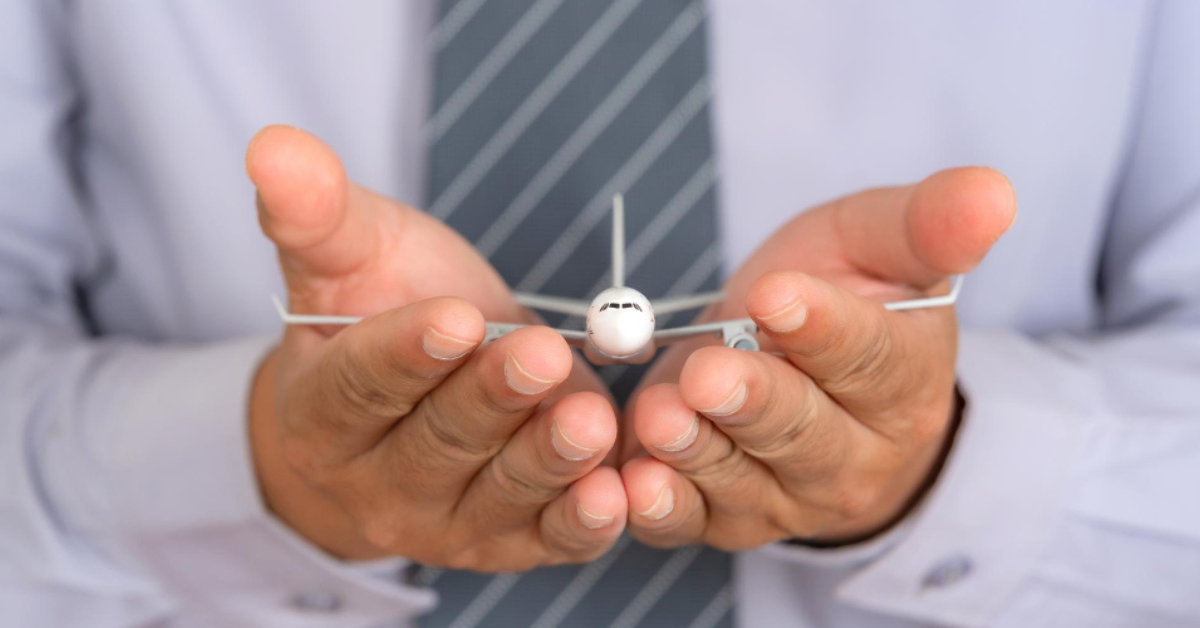For Florida pilots with various medical conditions, the process of obtaining or renewing an FAA medical certificate may not go through the usual process. Hence, the FAA Medical Special Issuance comes into play. If the examining physician has indicated you’ll need special issuance following a medical examination, it is important to understand how to submit the required documentation, in order to not get hung up with delays, denials, or a grounding.
In this guide, we break down everything you need to know about submitting documentation for an FAA Medical Special Issuance in Florida — from initial steps to FAA expectations, and where to obtain experienced assistance.
What Is FAA Medical Special Issuance?
The FAA Medical Special Issuance is a discretionary procedure wherein the Federal Aviation Administration can grant a medical certificate to a pilot who fails the standard medical requirements. It applies to pilots with disqualifying conditions, like:
- Heart disease
- Diabetes
- Mental health conditions
- Certain neurological issues
- Substance abuse history
Although a disqualifying condition may be seen as a conclusion to your flying career, the FAA often grants special issuance medical certificates when the condition is deemed stable and well-monitored.
Step 1: Schedule an appointment with an FAA Aviation Medical Examiner
The first step is to arrange an appointment with an Aviation Medical Examiner Florida. The AMEs are physicians designated by the FAA to determine whether a pilot complies with particular acceptable medical standards. Not sure where to find one? The F.A.A. website has a directory that can be searched by ZIP code.
The AME will decide during your exam if your condition qualifies for a special issuance. If it is, you’ll be provided with information on what other medical documentation is required.
Tip: Choose an AME with experience with FAA Medical Special Issuance in Florida because that AME can assist you with the requirements and documentation specific to your situation.
Step 2: Gather medical records
Once it’s determined you need special issuance, you must provide detailed medical records related to your condition. The FAA is very specific about what they want to see. Documentation, depending on the case, may include:
- Specialist Examination Reports (e.g., cardiologist, endocrinologist, psychiatrist, etc.)
- Recent diagnostic claims (e.g., ECG, Blood work, Imaging, etc.)
- Treatment Reports and Prospects
- Hospital records, if applicable
Completeness and accuracy are critical. But lost or incomplete files represent most of the delays faced by the FAA.
Step 3: Write a Personal Statement (If Required)
In some instances — particularly when the issue relates to mental health, or even substances- the agency could ask for a personal statement.
This should detail your history, your recovery trajectory, how you’re living now, and why you’re fit to fly
Write this with honesty and clarity. The FAA wants to see responsibility, compliance with treatment, and a period of stability for the long term.
Step 4: Send Your Documentation to the FAA
When all of the documentation is in your possession, then you or your AME will send everything to the FAA Aerospace Medical Certification Division. This may be accomplished by Mail or Fax.
Some cases allow electronic submissions through MedXPress or via your AME’s portal.
Make sure that everything is labeled clearly and has your FAA reference number (if one is applicable) on all of the pages. If you are mailing, send your correspondence with tracking to ensure delivery.
Step 5: Observe, and Be Ready for Response
Review times for FAA Medical Special Issuance in Florida can vary depending on case complexity. Generally:
- Simple cases: 30–60 days
- Complex medical histories: 90+ days
You may receive one of the following:
- Grant of Special Issuance with duration and conditions
- Request for additional information
- Deferral or denial
If you are granted your certificate, it may come with some recommendations (i.e., re-evaluation at regular intervals or flying with another pilot).
Why It Is Important to Use an Experienced AME
Going through all this can be intimidating if you’re doing it alone. Having a knowledgeable FAA medical examiner in Florida can matter a lot. They can:
- Anticipate what the FAA will require
- Help organize documentation correctly
- Communicate with the FAA on your behalf
- Avoid delays or mistakes
For many pilots, this guidance could mean the difference between flying again quickly or waiting to fly for months.
How It Connects to Private Pilots in Florida
Even if you’re seeking your FAA Private Pilot Medical Certificate in Florida, a disqualifying condition doesn’t mean the end of your flying dream. Special issuance is in place so that capable, safety-minded persons can continue to fly while responsibly taking care of their health conditions.
Understanding how to properly fill out your forms is part of demonstrating that fitness.
Final Thoughts
The process of meeting a Special Issuance in FAA Medical terms may look like a dark alley of bureaucracy, but it doesn’t have to be that way. With the right experts in their corner, who present neat, completed records, pilots in Florida can stay on track for certification or recertification.
Whether you’re a private pilot who wants to get back in the sky or you’re managing a chronic condition, understanding how to complete your paperwork is the key to your success.
So, why choose Aviation Medicine led by Dr. Weinberg? Dr. Weinberg will bring his decades of experience as an FAA Senior Aviation Medical Examiner to bear on each case, with clinical judgment, efficiency, and a specific focus on aviators dealing with complicated medical clearances and concerns.
Are you ready for clearance? Schedule your FAA medical exam with Dr. Weinberg today at aweinberg@medavex.org or call (727) 648-2402.

